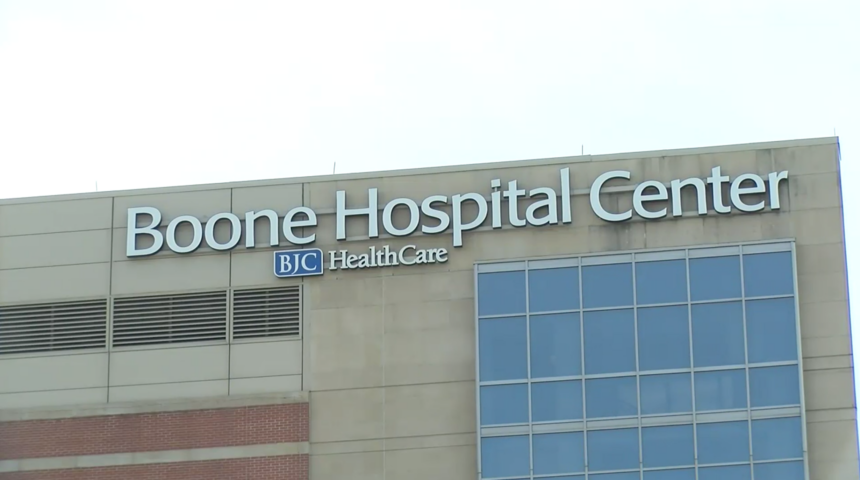COVID-19 pandemic ‘drains’ health care workers mentally and physically

COLUMBIA, Mo. (KMIZ)
For nearly nine months the COVID-19 pandemic has been crushing health care workers mentally and physically.
The state director of the Missouri Nurses Association, Heidi Lucas, said the mental health of Missouri nurses right now could create lasting effects of PTSD.
"The mental health toll the pandemic is taking on our nurses is going to have long-lasting impacts," she said. "They just look drained."
Lucas said this isn't just a mental health issue -- the pandemic is taking a physical toll on health-care workers as well.
"When you have mental health stresses that does take a toll on your physical health as well and we are seeing that as well on our nurses," she said.
The Missouri Nurses Association offers resources to help nurses deal with mental health issues, but Lucas said too few people are using the programs.
"We wish people would take more advantage of the resources out there, but it's understandable time-wise, they don't have the time to take care of themselves right now," she said.
Local hospitals are also working to combat the stress.
Boone Hospital Center spokesman Ben Cornelius said the hospital has help readily available for employees and their families.
"We have ... counselors available for employees and their families. We have also been doing some research utilizing virtual reality in conjunction with Healium," he said.
Healium is a clinically-validated mental fitness channel that uses virtual and augmented reality applications to help people manage stress and anxiety.
A spokesperson for MU Health, Eric Maze, said they also have resources for employees to use in order to help with their mental health.
"MU Health Care employees and clinicians can access mental health professionals through the MU Employee Assistance Program or through our Office of Clinician Well-being," he said.
In addition, MU Health Care has a nationally recognized peer support program called 'forYOU.' This program is an option for employees who need additional help or support.
Lucas said the biggest help for health-care workers is the rollout of the coronavirus vaccine.
"That's really the only way we are coming out of this, limit exposure now and when the vaccine is available, get the vaccine and take both doses of the vaccine," she said.
Missouri hopes to receive the first does of the vaccine by mid-December.
